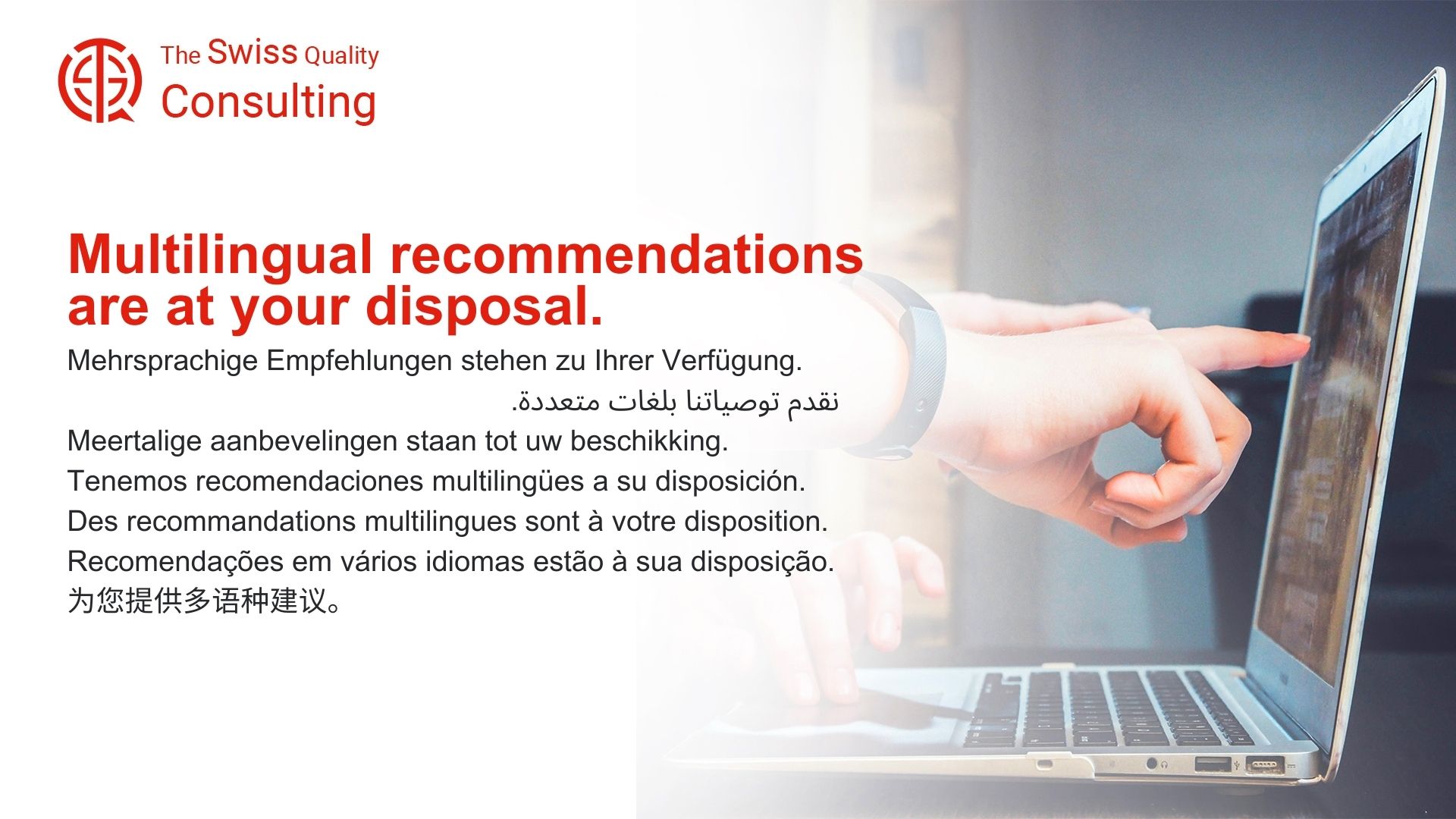Key Considerations for Selecting the Right ERP System
Understanding Business Needs and Defining Objectives
When it comes to ERP system selection for Swiss companies, understanding the unique needs of the business is the critical first step. Swiss companies operate in a distinct environment, characterized by a mix of local regulations, multilingual workforces, and a highly competitive market landscape. Therefore, the ERP system selected must align closely with these specific business requirements. A clear understanding of the company’s objectives, whether it’s improving operational efficiency, enhancing customer service, or scaling internationally, will guide the selection process.
To define these objectives, companies should conduct a comprehensive needs assessment involving all key stakeholders, including management, IT, and end-users. This process should identify current pain points, desired features, and potential areas for improvement. For example, a Swiss manufacturing company may prioritize ERP capabilities that enhance production scheduling and inventory management, while a financial services firm might focus on compliance and data security. By articulating clear goals and aligning the ERP system selection with these objectives, Swiss companies can ensure that the chosen solution will effectively support their strategic vision.
Evaluating ERP Vendors and System Capabilities
After defining business needs, the next critical step in ERP system selection for Swiss companies is evaluating potential vendors and the capabilities of their systems. This involves not only assessing the technical features of the ERP solutions but also considering the vendor’s experience, support services, and alignment with the company’s values and operational style. Swiss companies should look for vendors with a proven track record in the industry and a deep understanding of the Swiss market.
Key capabilities to evaluate include the ERP system’s scalability, flexibility, and ease of integration with existing technologies. For instance, if a company already uses specific CRM or accounting software, the chosen ERP system should integrate seamlessly to avoid disrupting workflows. It is also important to assess the system’s ability to support multiple languages and currencies, given Switzerland’s multilingual and international business environment. By conducting a thorough evaluation of vendors and system capabilities, Swiss companies can select an ERP solution that not only meets their current needs but also adapts to future growth and changes.
Considering Cloud vs. On-Premises ERP Solutions
Swiss companies must also decide between cloud-based and on-premises ERP solutions, as this choice significantly impacts the implementation, cost, and flexibility of the system. ERP system selection for Swiss companies often involves weighing the benefits of the cloud, such as lower upfront costs, automatic updates, and greater scalability, against the control and customization typically offered by on-premises solutions. Cloud ERP systems can be particularly advantageous for companies looking to scale quickly or operate across multiple locations, as they offer accessibility from anywhere with an internet connection.
However, on-premises ERP solutions may be preferred by businesses with stringent data security requirements or those that operate in heavily regulated industries. Swiss companies, especially those in sectors like finance or healthcare, may need to consider data sovereignty and compliance with Swiss regulations when choosing between these options. Ultimately, the decision should be guided by the company’s specific needs, risk tolerance, and long-term strategic goals. By carefully considering the pros and cons of each deployment model, Swiss companies can select the ERP solution that best fits their operational landscape.
Ensuring the Selected ERP System Meets Unique Business Needs
Customizing the ERP System for Specific Requirements
To ensure that the chosen ERP system meets the unique business needs of Swiss companies, customization is often necessary. While off-the-shelf ERP solutions provide a broad range of features, they may not fully align with the specific processes and workflows of every business. Customization allows companies to tailor the system to fit their exact needs, from modifying user interfaces and reports to developing custom modules that address unique operational challenges.
For Swiss companies, customization might involve configuring the ERP system to support multilingual users or adapting it to meet local regulatory requirements. For example, a Swiss retail company might need to customize its ERP system to handle complex tax calculations across different cantons. Similarly, a company involved in international trade may require customized logistics and compliance features to manage cross-border transactions efficiently. By investing in customization, Swiss businesses can enhance the relevance and functionality of their ERP systems, ensuring that they provide maximum value.
Implementing a Comprehensive Change Management Strategy
Implementing an ERP system represents a significant change for any organization, and managing this change effectively is crucial for success. For Swiss companies, ensuring that the ERP system meets business needs involves not only selecting the right system but also preparing the organization for the transition. A comprehensive change management strategy should include clear communication of the project’s goals, training programs for users, and ongoing support to address any issues that arise during the implementation phase.
Change management should begin early in the ERP selection process and continue through the implementation and beyond. Involving end-users in the selection and customization phases can foster a sense of ownership and reduce resistance to change. Additionally, providing tailored training that addresses the specific functionalities and processes of the new ERP system will help employees adapt more quickly and effectively. For Swiss companies, a well-executed change management strategy ensures that the ERP system is not only implemented successfully but is also embraced by the organization, leading to sustained improvements in business performance.
Continuously Monitoring and Optimizing ERP Performance
Once an ERP system is implemented, continuous monitoring and optimization are essential to ensure that it continues to meet the evolving needs of the business. Swiss companies should establish key performance indicators (KPIs) that align with their strategic goals and use these metrics to assess the ERP system’s impact. Regular reviews and feedback sessions can help identify areas where the system may be underperforming or where additional customization could enhance its utility.
ERP vendors often release updates and new features, and Swiss companies should stay informed about these developments to take advantage of improvements that could benefit their operations. Additionally, as business needs change over time, companies may find that the ERP system requires further adjustments or expansions. By maintaining an ongoing focus on optimization, Swiss businesses can ensure that their ERP systems remain aligned with their objectives, driving continued value and supporting long-term success.
Conclusion
Selecting the right ERP system is a critical decision for Swiss companies, with far-reaching implications for business efficiency and success. By thoroughly understanding their business needs, evaluating ERP vendors and capabilities, and carefully considering cloud versus on-premises solutions, companies can make informed choices that support their strategic goals. Customization, effective change management, and continuous optimization are key strategies to ensure that the selected ERP system meets the unique requirements of Swiss businesses. As companies navigate the complexities of ERP selection and implementation, these best practices will help them achieve a solution that drives growth, enhances operations, and positions them for future success.
—
#ERPSystemSelection #SwissCompanies #BusinessNeeds #ERPBestPractices #DigitalTransformation #BusinessSuccess #ERPImplementation #SwissMarket










